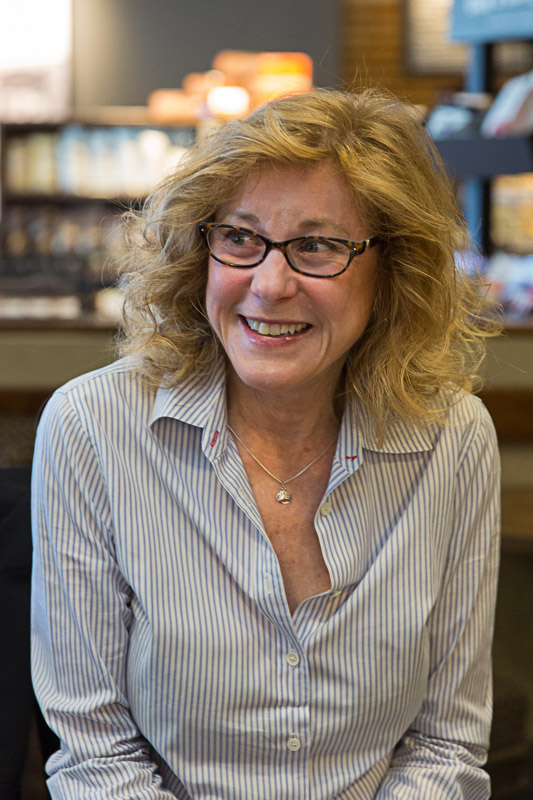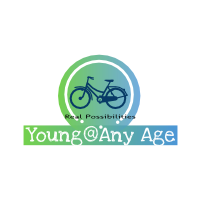AARP Hearing Center

Bobby Heagerty has education in her blood. Born into a family of educators, teaching became her professional path as well. But a fascination with the brain led her out of the K-12 classroom environment and toward Oregon Health and Sciences University where her innovative adult education and outreach programs eventually resulted in her receiving the neuroscience educator of the year in 2013 from the Society of Neuroscience, the first non-neuroscientist to receive it.
The twist in her career started in 1979 when Bobby had an opportunity to create new educational opportunities and break new ground in neuroscience education at Good Samaritan Hospital. In designing programs for specific target audiences – professional and public – she saw how much help families needed in the clinical environment. As a result, she developed the family support services program at Good Samaritan and co-created with Vicki Schmall, PhD, a model caregiving training that is now used across the United State.
“Families facing chronic illness and caregiving need information (legal/financial planning), education (caregiver self-efficacy training), respite (short-term break from caregiving) and peer support in addition to good medical care.” Bobby explains. “These four services were the foundation of the 'family support services' model, developed in 1984. Begun in Oregon, these programs helped seed national initiatives.”
Bursting with energy and ideas, Bobby is a planner. If you talk to her about all the work that

needs to be done to educate the public about the brain, it won’t be long before she pulls out paper and a pen and starts diagramming relationships and partnerships. It fills with bubbles, arrows and angles interpreting the complex relationships that will help patients, providers and researchers move forward on learning more about the amazing brain.
After pioneering work at Good Samaritan, she had jumped at the new challenge to work with Oregon Health and Sciences University to develop the OHSU Brain Institute, formed in 2006 to connect the diverse neuroscience activities under one umbrella. The more creative programs Bobby developed, the more the public leaned in to learn more. She brought in leading scientists from around the world to meet the public in a hugely popular lecture series. She also started the Brain Research Awareness and Information Network (BRAINet), a volunteer organization that supports the Institute, and other programs as well.
She realized that education is not enough. With 6 billion Alzheimer’s patients now and a plethora of other conditions impacting adults as well, it was obvious that there was a need to connect lawmakers to neuroscience research. She turned to long-time friend Rep. Earl Blumenauer. He helped form the Congressional Neuroscience Caucus which seeks to raise awareness of neurological disorders or mental illness. She also worked with Senator Ron Wyden to help her start the Oregon Alzheimer’s Association chapter.
These efforts have helped bring OHSU into a regional sphere of influence and connection (“a neuroscience powerhouse” declared Congressman Blumenauer at the second annual NeuroFutures conference in Portland July 2015) and even more national attention from the White House, NIH, and Congress.
Now retired at 66, she is continuing her work with advocacy and policy through the work of the American Brain Coalition, her education through classes in French and Art History at Portland State University and her desire to mentor colleagues through her ongoing advice and support of younger professionals in her many fields of interest. “I love learning…and making a difference.”
Young at Any Age is a collaborative project with the AARP Oregon Volunteer team of Carlos Romo, Steve Carter, Joyce DeMonnin, Sam Jones and Debbie Cahill. Send in suggestions to oraarp@aarp.org for outstanding Oregonians 50+ who prove that age is just a number. #DisruptAging #RealPossibilities
[Photo: Sam Jones]































































